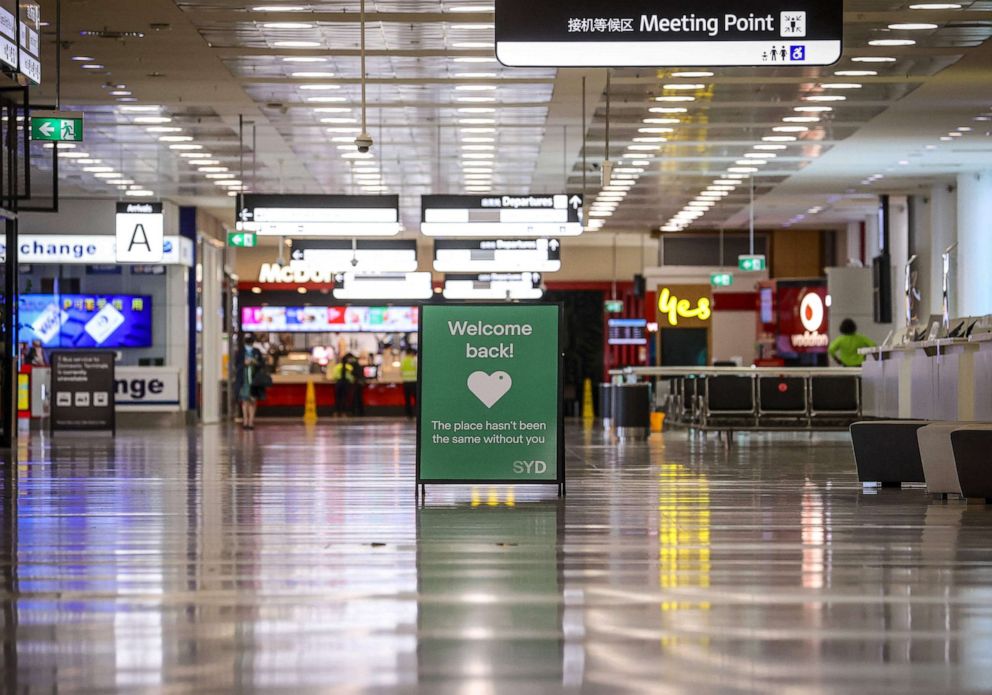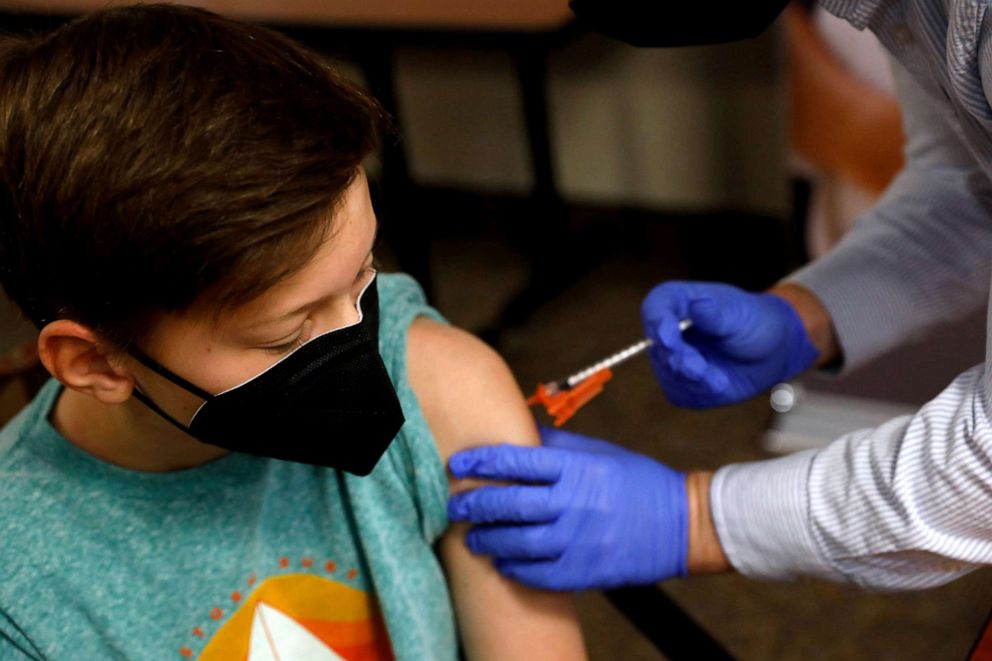Australia to lift ban on citizens leaving the country
After more than 18 months, Australia announced Wednesday that it will lift a ban on its own people from leaving the country without permission.
Starting Nov. 1, citizens and permanent residents of Australia who are fully vaccinated against COVID-19 will no longer require an exemption to travel abroad. Australia has imposed some of the world's strictest border rules amid the pandemic, which Home Affairs Minister Karen Andrews said has kept the country "free from widespread COVID transmission."
"The easing of these restrictions is possible thanks to our impressive national vaccination rates, and I thank all those who have done the right thing and rolled up their sleeve," Andrews said in a statement Wednesday.

While Australian citizens and permanent residents are currently the "first priority," Andrews said, more travel restrictions -- including for some foreigners -- will be relaxed as the national vaccination rate "continues to climb." As of Wednesday, nearly 75% of people aged 16 and over in the country are fully vaccinated against COVID-19, according to data posted by the Australian Department of Health.
"I look forward to further easing restrictions over coming weeks and months as more and more Australians become fully vaccinated," Andrews said. "Before the end of the year, we anticipate welcoming fully vaccinated skilled workers and international students."





